The idea of apartheid was first created in 1948 in South Africa as a policy of institutionalized racism and segregation used to create inequality and socioeconomic disparities for the black Africans who inhabited the area. The determining factor of where South Africans lived, worked, received their education, inherited rights, and who they could associate with was all based on the factor of their race. Since the dismantlement of that regime in 1990, there has been a jarring resemblance to the system inflicted by Israel in the country of Palestine since Israel’s capture of the territory in June of 1967 during the Six-Day War.
Nelson Mandela, a former lawyer from Mvezo, South Africa, was perhaps one of the most influential figures in the battle to end South African apartheid. He dedicated years to the resistance of the white supremacist agenda and aided in guiding his country towards justice and liberation, along with multiple influential figures who followed in his footsteps.
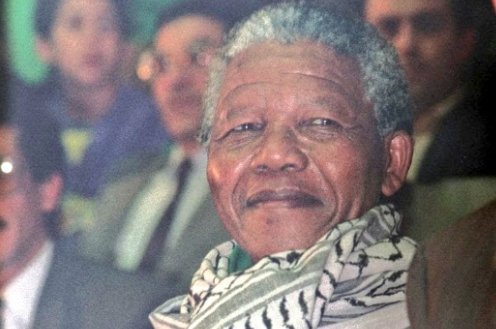
As someone who experienced an oppressive and unjust regime for decades, Mandela was an adamant supporter of Palestinian freedom and even stated that he felt “at home among compatriots” when visiting the Gaza Strip in 1999 and witnessing the society that had been enforced on them.
In May of 1990, Mandela was seen wearing a keffiyeh at a summit in Algiers, a powerful statement that was definitely intentional, as he was known to be very conscious of his clothing and the message behind it. The keffiyeh, a traditional scarf worn as a headdress in parts of the Middle East, has grown to be a symbol of the yearning for freedom for Palestinians and a form of solidarity for those who support their liberation.
On December 4th, 1997 (the International Day of Solidarity with Palestinian People), Mandela famously expressed this line: “We know too well that our freedom is incomplete without the freedom of the Palestinians.” His support was extremely significant for Palestinians, so much so that three years after Mandela’s death, Palestine unveiled a statue of him in the West Bank to express their appreciation.
Mandela is not the only significant South African figure to urge the freedom of Palestine, however. In 1993, the African National Congress expressed their disappointment in Israel’s apartheid regime, considering their understanding of discriminatory genocide in experiences like the Holocaust.
Similarly, South Africa’s current president, Cyril Ramaphisa, was recently seen wearing a black and white keffiyeh and holding a small Palestinian flag when he addressed the horror in the Middle East since October 7th. He stated that Palestinians “have been under occupation for almost 75 years… waging a struggle against an oppressive government that has occupied their land.” He implied that Palestine is under a similar apartheid state to South Africa’s past oppression – a claim that is backed by many other parties and political figures.
Two separate reports on Israel’s regime in Palestine (from Yesh Din in 2020 and B’Tselem in 2021) verify the ability to label their presence in the West Bank as one of apartheid. The Palestine Liberation Organization has also widely condemned Israel and titled it an apartheid law.
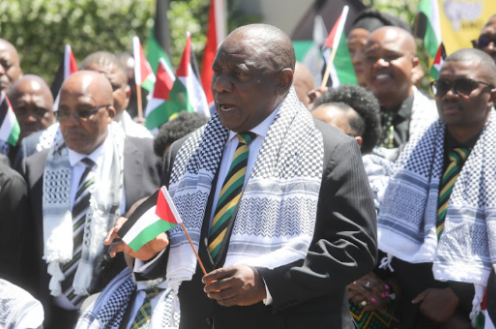
The United Nations and African National Congress have since accused Israel of repeatedly breaching laws that morally prohibit discrimination based on race and creed, extending privilege to their Jewish citizens, and stripping that prerogative from non-Jewish, especially Arab, subjects. For instance, the Nation-State Law, enacted in Israel in 2018, signifies Israel as a Jewish state and specifies the country as significant to the Jewish people. The act has been widely characterized as racist and discriminatory because Palestinian citizens do not fall under the identification of Jewish/Israeli, and therefore experience oppression and violence because of it. As an example, Arabs residing in the West Bank are issued green IDs once they turn 16 years old to identify themselves as Arab citizens when required. Similar to the star badges Jewish people were forced to wear during the Holocaust, these exclusionary forms of identification remove rights from the Arabs and makes them a larger target for hate crimes.
After witnessing the purest form of discrimination in the thousands of casualties of innocent Gazans and hate crimes against Palestinians around the world, Mandela’s words unfortunately still remain true and untethered. Despite the international and local expressions of disagreement against Israel’s ongoing brutality, the freedom of Palestinians is yet to be reached and is still sought out.








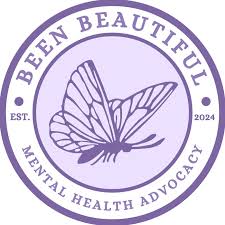










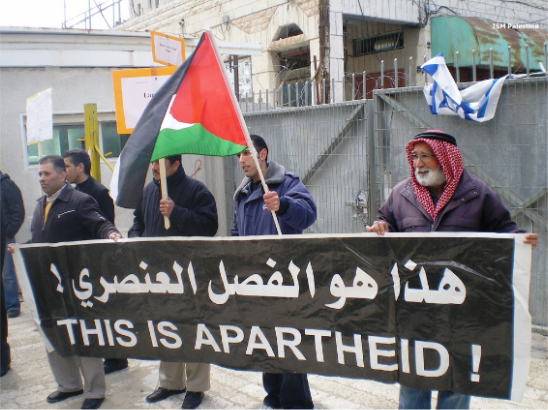

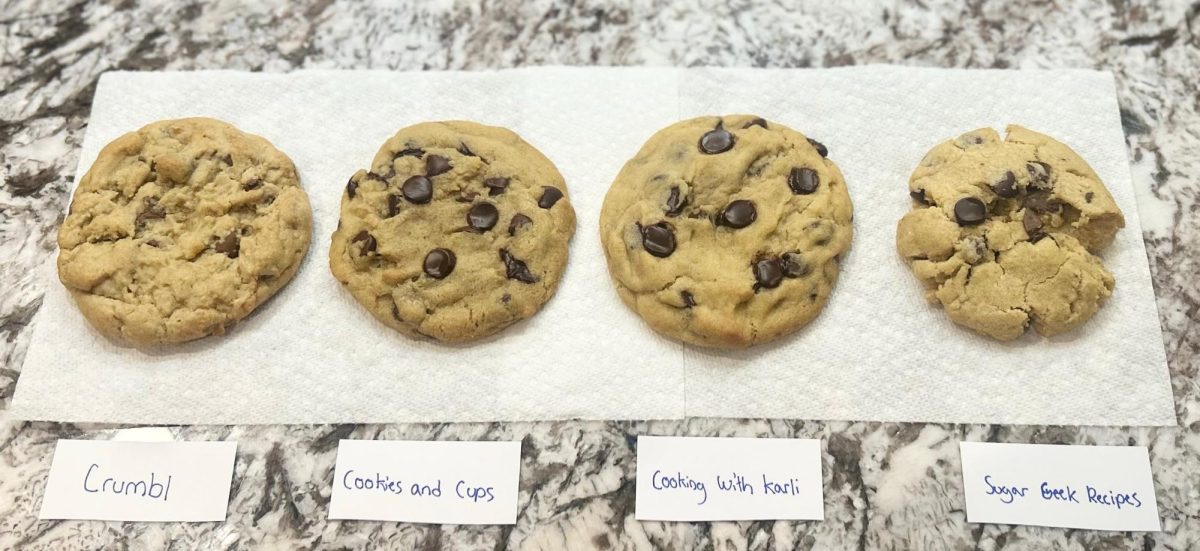
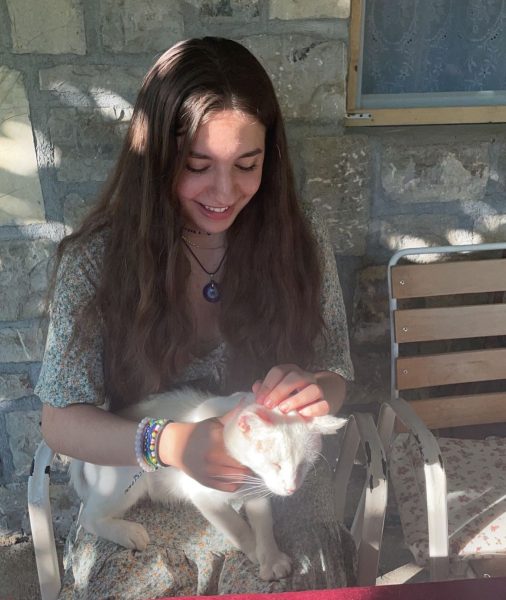
Noah Gallo • Feb 8, 2024 at 9:56 am
Connecting what is going on in Palestine to apartheid and the Holocaust is a great way to frame it for others to understand, especially given the rampant amount of misinformation regarding the current situation in Palestine. The parallels are scary and a reminder that history does repeat itself, yet we seem not to learn from each time it does.
Mariam • Feb 14, 2024 at 1:39 pm
Well put!